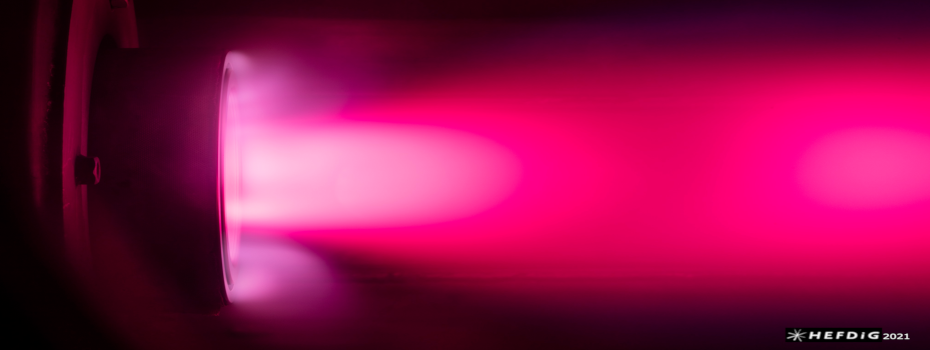Speaker
Description
Entry into the giant planets, the four large gaseous planets out past the asteroid belt, is rare and dangerous due to their large size and their distance from the Earth. Their hydrogen/helium atmospheres also make their entry environment completely different to entry into other planets in the solar system.
Due to the current interest in sending a probe mission to Uranus, giant planet entry research is again an important topic of study, due to the large uncertainties which still remain in terms of understanding the giant planet entry flow environment.
Australia has been involved in giant planet entry research since the 1970s, when hydrogen ionisation rates were verified using the T3 shock tunnel at the Australian National University in Canberra, and they continue today with studies into radiating giant planet entry flows in the University of Queensland's X2 expansion tube.
This paper will summarise Australia's contributions to the important topic of giant planet entry and also discuss future plans for giant planet entry research in Australia.
Summary
I am not sure what is meant to go here?

